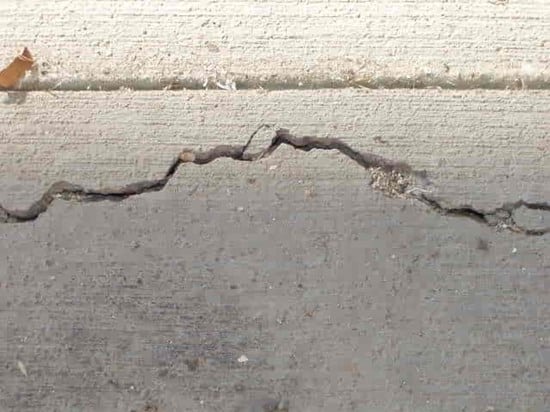Why causes concrete cracking?
Concrete cracks for a variety of reasons, including drying shrinkage, thermal expansion and contraction, and external loads. Often Greenville SC concrete is thought to be a temperate climate but the extreme range of temperatures can be damaging to concrete. Thermal expansion and contraction causes concrete to crack. Concrete expands when it is heated and contracts when it is cooled, and if the concrete is not properly designed to accommodate this movement, it can crack.
Drying shrinkage is the most common cause of cracks in concrete, and occurs when the concrete dries and shrinks as it loses moisture. This can be caused by a number of factors, including low humidity, high temperature, and wind. External loads, such as the weight of vehicles or heavy machinery, can also cause concrete to crack if the concrete is not designed to withstand the load.
To minimize or avoid cracks in concrete, it is important to follow proper design and construction practices. This includes using appropriate concrete mixes, properly curing the concrete, and reinforcing the concrete with steel bars or fibers to increase its strength and flexibility. It is also important to properly design the concrete for the expected loads and environmental conditions, and to carefully control the placement and finishing of the concrete to minimize shrinkage and other stresses. In addition, regular maintenance and repairs can help to extend the life of concrete structures and reduce the risk of cracking.
Carolina Concrete Designs Repairs Concrete Cracks

